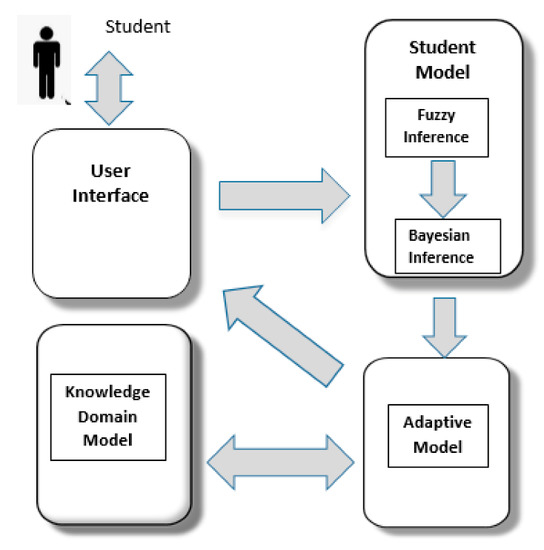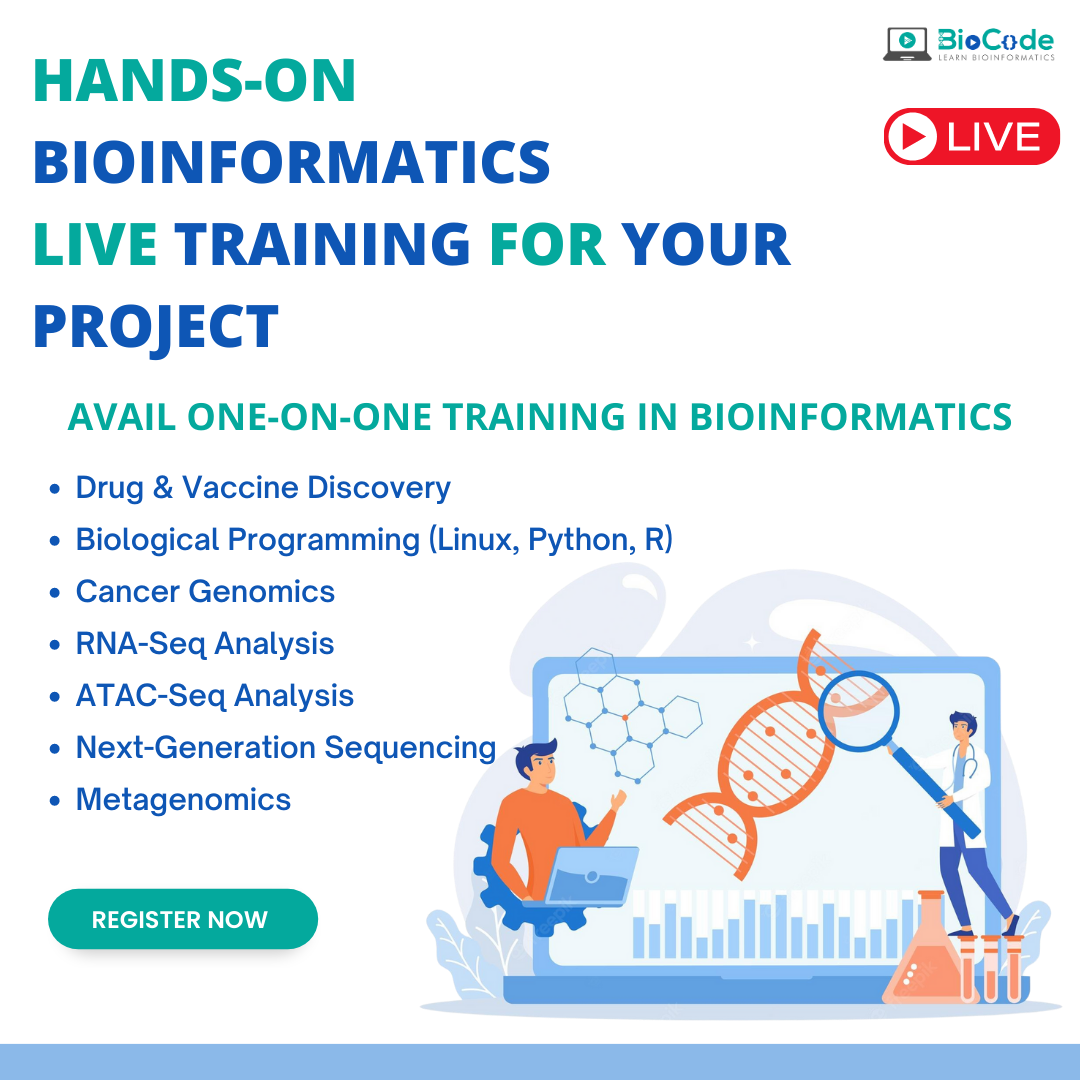The Buzz on Bioinformatics Tutor
Table of ContentsBioinformatics Tutor - QuestionsThe 10-Second Trick For Bioinformatics TutorUnknown Facts About Bioinformatics TutorSome Known Incorrect Statements About Bioinformatics Tutor Bioinformatics Tutor Can Be Fun For Everyone
Of the total amount participants included in the training, 80% were students from public college organizations, while the continuing to be 20% came from private institutions. To get approved for a certification of engagement, students were required to go to at the very least 90% of the complete training hours. As a result of this demand, an impressive 95% of the participants successfully gotten their certificates, having not just met the minimum participation criteria but additionally completed all appointed tasks throughout the training.
Throughout the height of the COVID-19 pandemic, particularly between June and August 2020, the task group was tasked with organizing specialized training in bioinformatics. This training was particularly targeted at pupils from the research study team Center for Study in Applied Computer at the Federal College of Pará (UFRA) The adaptation to remote learning platforms as a result of the pandemic developed a chance to check out brand-new teaching methods and electronic devices that enhanced both reach and effectiveness.
To reply to the growing need in the computer and life sciences fields, a sophisticated course was presented in 2020 labelled Intro to Artificial intelligence. This training course was made to offer an easily accessible yet comprehensive introduction of Expert system methods, specifically as used in bioinformatics. The program was performed over three months, from October to December 2020, and was provided completely online with the Google Meet system. This virtual format allowed engagement from students throughout Brazil, much of whom may not have had the opportunity to go to in-person sessions.
Some Ideas on Bioinformatics Tutor You Need To Know
Approximately 50% of the complete training hours were dedicated to functional activities where pupils constructed intelligent designs and applications in an array of scientific domain names, including genes, molecular biology, and ecological information analysis. These systems enabled pupils to engage in real-time information adjustment, model training, and formula trial and error.
The course attracted 80 individuals in overall. Sixty of them were connected with different higher education establishments in the state of Pará, while the remaining twenty came from organizations situated in five various other Brazilian states. This broad geographical representation highlighted the national passion in bioinformatics and the growing demand for specialized abilities in this field. By presenting Artificial Intelligence in a sensible and appropriate context, the initiative served to link the gap between concept and real-world application, giving students with a solid structure for future research study or employment in the field.
The training effort created part of a more comprehensive my response scholastic outreach initiative referred to as the Bioinformatics when traveling task. This task has, throughout the years, presented loads of students to the globe of bioinformatics and computational biology. The occasions held under this umbrella effort have actually occurred throughout multiple regions and years, as summed up in Table 1 (Checklist of events, areas, years, and total numbers of students and teachers)
Among one of the most amazing end results of the Bioinformatics when traveling initiative has been its contribution to the development of decentralized research study teams. Numerous of these groups, originally combined by their involvement in training occasions, have actually considering that taken place to produce independent clinical research in collaboration with regional scholastic organizations. The training not just fostered clinical thinking within the context of bioinformatics yet likewise stimulated collective relationships that prolonged past the training atmosphere. These cooperations have actually brought about boosted local scientific performance and contributed meaningfully to the growth of the more comprehensive bioinformatics community in Brazil.
Some Known Incorrect Statements About Bioinformatics Tutor
The very same group, omitting IH and RR, likewise acted as tutors for the sensible training components. Funding for the job was supplied over here via the grant 88887.200562/ 2018-00 from CAPES.
The Federal University of Pará's Office of Study (PROPESP/UFPA) also provided financial backing, specifically for the manufacturing of the last manuscript. The authors declare no commercial or financial conflicts of rate of interest that can have influenced the research study. All viewpoints and interpretations expressed in this write-up are exclusively those of the writers and do not necessarily show those of their corresponding organizations, the publisher, editors, or customers included in the publication process.

8 Easy Facts About Bioinformatics Tutor Explained
From an instructional point of view, the training strategy used in the training was intentionally interactive. Courses were conducted in a way that encouraged trainee participation and conversation, exceeding rote memorization to check out exactly how concepts are developed, applied in every day life, and evaluated in scholastic settings. The instructional approach focused on nurturing both solid and struggling students, giving customized support, and structure confidence with sustained mentorship and persistence.

Each team, containing around 36 individuals, was supported by 3 advisors-- the majority of whom were postdoctoral scientists with specific knowledge. These mentors not just helped create the group projects but additionally facilitated their execution, making certain that each research study question was both relevant and properly difficult. The goal was to supply a biologically sensible context that participants could explore through open-ended objectives and accessibility to curated datasets.
For extra insights right into the technique and end results of this project-based understanding approach, visitors are guided to S1 Text, that includes comprehensive descriptions of the instructional framework, analysis techniques, and job styles utilized in the training sessions.
Getting The Bioinformatics Tutor To Work
Of the total individuals involved in the training, 80% were students from public higher education institutions, while the remaining 20% came from personal organizations. To qualify for a certificate of engagement, pupils were needed to attend at the very least 90% of the total training hours. Significantly, beyond the pupils who enrolled in the training sessions, seven seasoned teachers participated in providing the training courses, while 3 specialized research professors collaborated the overall training procedure. Approximately 50% of the complete training hours were committed to practical activities where pupils developed intelligent versions and applications in an array of clinical domains, including genetics, molecular biology, and ecological information analysis. The training not only fostered clinical reasoning within the context of bioinformatics yet additionally triggered joint connections that prolonged past the training atmosphere.